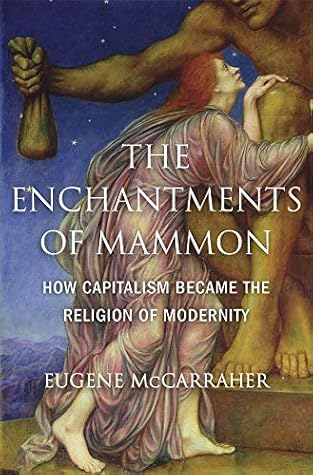Even the culture of “Carnival” held enchanted, eschatological meaning. At its pinnacle in the Feast of Fools—when lords and serfs changed places for a day, while laity mocked priests and bishops—Carnival included the temporary, utopian erasure of social hierarchies. Carnival was a glimpse of “the beatific vision” in fleshly, joyful plenitude; for a day, the gates of heaven opened, the future paid a visit to the present, and carnal splendor could provide a robust foretaste of the impending kingdom of God.
Welcome back. Just a moment while we sign you in to your Goodreads account.


